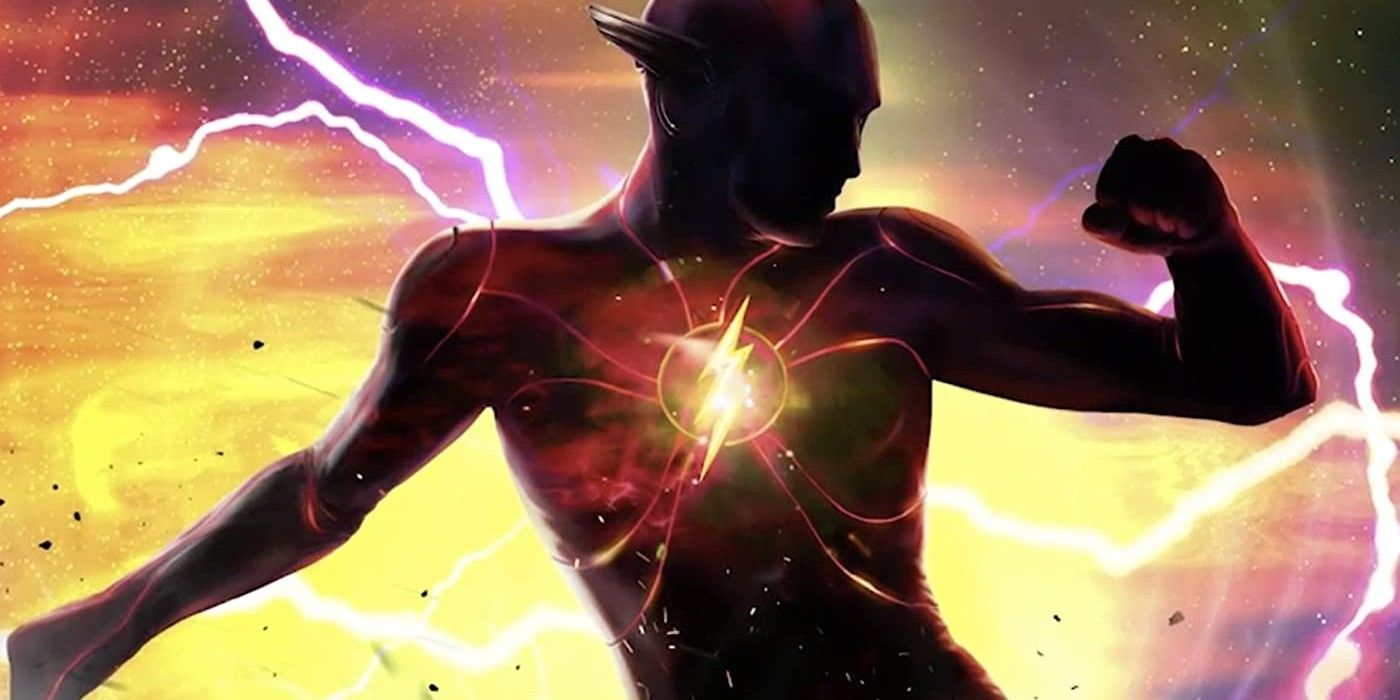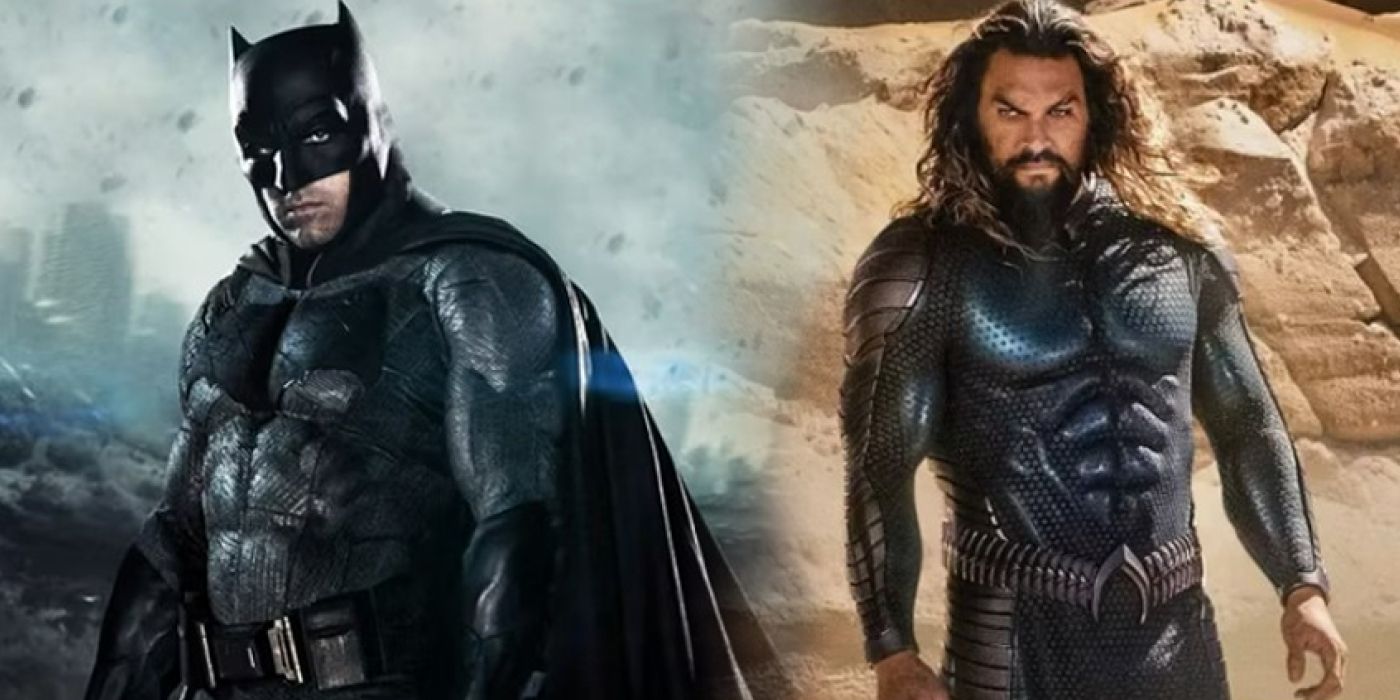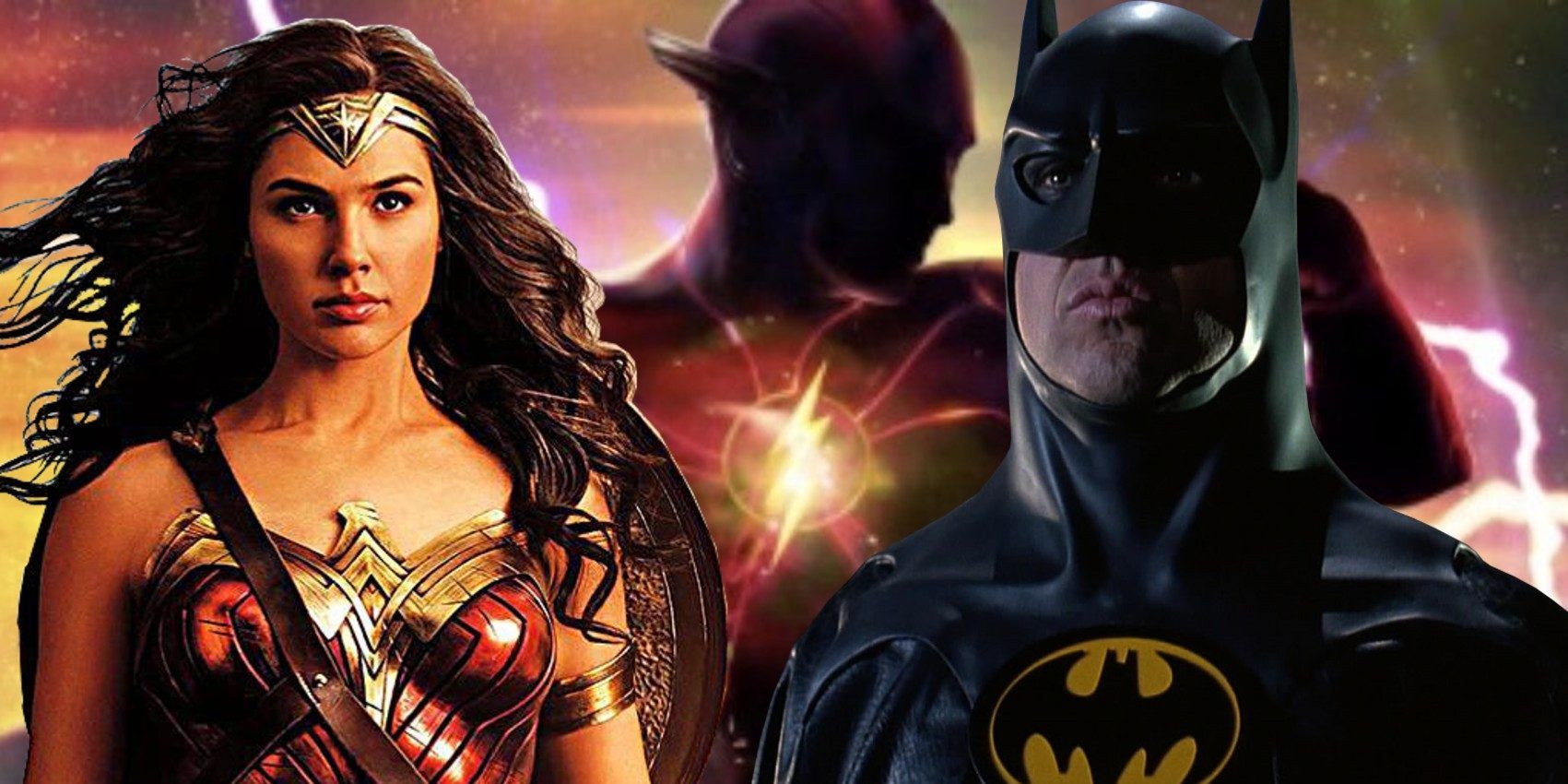The Flash has been one of the most cursed superhero movies ever, with the plans for the film changing constantly. Announced nearly a decade ago, the movie has changed writing and directorial hands, all while getting repurposed as a tool to reboot the DC Extended Universe. However, that doesn't seem to be the case any longer.
Given the movie's recent controversy stemming from its star, not to mention the shuffling of two of Warner Bros. Discovery's Batman actors, the version of The Flash seen in theaters will likely not be the version planned for at the beginning of 2022. Other news makes this even more likely, making whatever was intended for the movie into cinematic vaporware. Let's look at all the evidence that points to The Flash's ending changing.
Ben Affleck Is Returning as the DCEU's Batman
Rumors claimed The Flash would erase three DCEU movies from the shared universe's continuity. These would have been Man of Steel, Batman v Superman: Dawn of Justice and most likely, the theatrical version of Justice League. That would have written out Henry Cavill's version of Superman and Ben Affleck's Batman, replacing them with Supergirl and an older Batman played by Michael Keaton. These plans were never explicitly stated, but the intention of Keaton's Batman showing up in the Batgirl movie made them clear.
That meant that The Flash's ending would have been similar to the storyline Flashpoint in the comics, wherein Barry Allen changed the timeline by saving his mother from Eobard Thawne. Upon changing things again, the universe he knew was both familiar and different from before. The same would thus happen to the DCEU, with the ending spoken of in test screenings having Supergirl operating as the only Kryptonian and Ben Affleck's Batman replaced by Keaton's. Many fans grew both excited and angry, unsure if this would work in the grand scheme of things. However, it seems that WBD has answered their queries, and it's not how many expected.
The Flash Movie No Longer Rewrites DCEU Canon
Given that Ben Affleck has reshot scenes intended for Michael Keaton's Batman in the upcoming Aquaman and the Lost Kingdom, it would seem that ideas concerning his being the DCEU Batman are no more. That is bolstered further by Batgirl, a movie that had been completed, getting canceled by Warner Bros. Discovery. If this stems from a course correction of the status of the DCEU, the most likely explanation is that The Flash is getting retooled to have a much different ending.
Company president David Zaslav wants a more cohesive DCEU, and forcibly integrating the Batman of the Tim Burton movies with other elements from the current universe would be the exact opposite of that goal. Likewise, while The Flash acting as Flashpoint for Snyder's films might have pleased naysayers, it would ultimately give the DCEU zero momentum. The next several movies would have to get spent explaining what's still canon, especially with movies like Blue Beetle, Shazam: Fury of the Gods and the much-hyped Black Adam movie going in other directions.
Perhaps to allow whatever momentum these films create to stick, Zaslav has demanded that plans for the "post-Flashpoint" DCEU get scrapped. There's still a chance that Superman appears in Black Adam, but their highly anticipated fight would be incongruous with a universe where Sasha Calle's Supergirl was the resident Kryptonian. Thus, whatever fans finally get to see in theaters next will be only about 85 percent of what Warner Bros. was planning earlier this year. Perhaps the original ending to The Flash will never be seen by the public, making it even more apocryphal than Zack Snyder's Justice League once was.
To see if Barry Allen rewrites the DCEU, The Flash races into theaters June 23, 2023.



